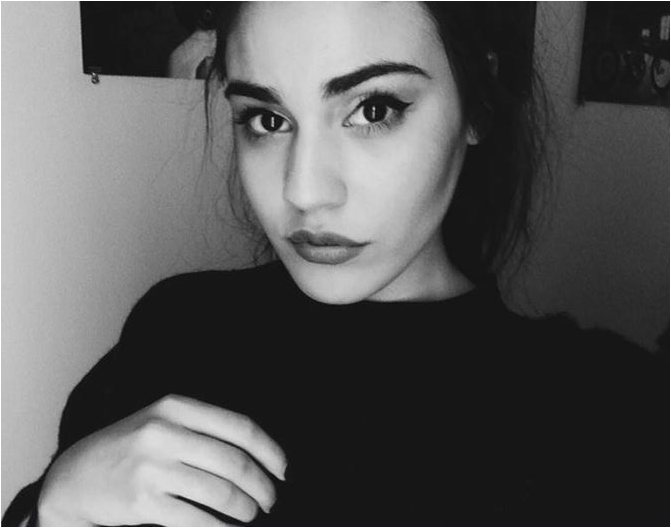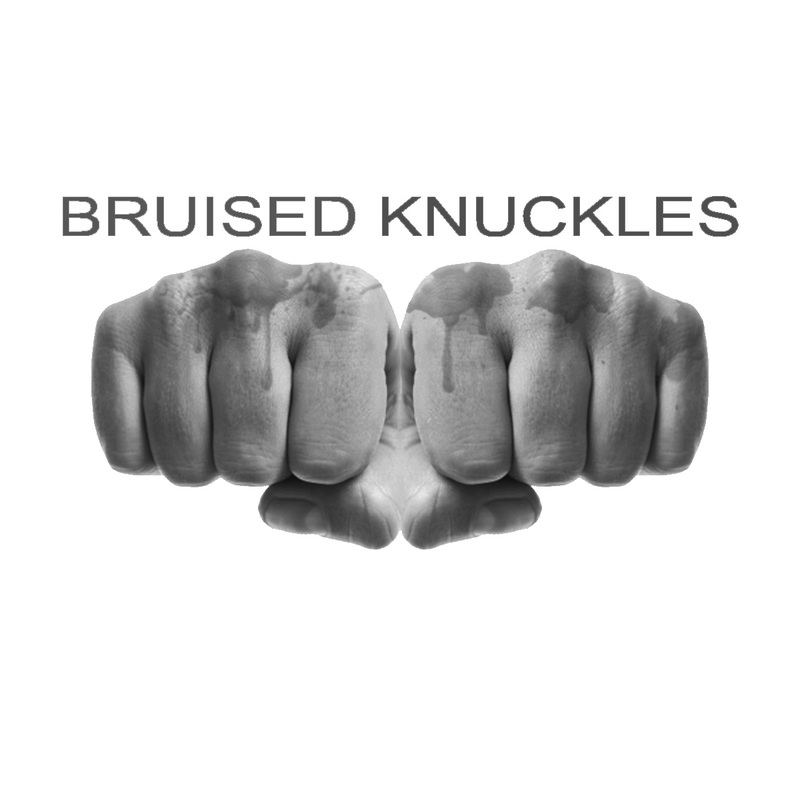|
Body positivity seems more of a dream than a reality for most girls living in 2015. While companies like Aerie are slowly working to promote more body types in their new campaign to stop retouching pictures of models, there is still a standard (especially for women) to be very skinny and fit within a particular mold. While there is nothing wrong with being skinny, there is a problem with only promoting skinny bodies, instead of equal representation of all body types (which does include skinny bodies too, but not only skinny bodies).
Body positivity is the societal acceptance of every body type. This acceptance will have a domino effect on the female population in the US (and other countries). Women will become more comfortable with their bodies, and the fashion industry will be forced to normalize the sales of extra small and large clothing for women on the ends of both extremes. But the most important effect is that society will put less pressure on women to look a certain way, which will help many female’s confidence and self-worth, plus also reduce the hyper sexualization of women for the sole reason of capitalism. One body positive speaker is Orion Carloto. Carloto is a YouTuber, writer for the blog local wolves, and self-proclaimed feminist. Carloto recently posted a video on her YouTube channel entitled “#BODYPOSITIVITY + ACCEPTING YOURSELF,” where she explains the importance of accepting yourself as you are, “flaws” and all. Her “PS. Positivity” column in the magazine (available to read online through their website) promotes positive thinking, and accepting yourself as you are. It is especially important for women like Carloto to vocalize their opinions on feminism and positivity because so many young girls are raised with the mindset that they will never be good enough, and that it is normal for women to be highly regarded for their bodies over their character. YouTubers like Carloto are important in influencing a new generation of girls, empowering them to accept themselves despite what they are otherwise told by society. If you’re interested in hearing what Carloto has to say about body positivity, be sure to follow her on twitter and check out her channel on YouTube.
0 Comments
It’s a well-known fact that in the United States, women make $0.78 to every $1.00 a man makes of the same profession, and this is often the platform used for many feminists’ campaign for equal pay. However, there are a few crucial details excluded from this fact that make it even more shocking. When race is incorporated into this statement, the need for feminism becomes even stronger. White women earn $0.78 to every $1.00 a white man earns. Black women earn $0.64 to every $1.00 a white man earns for the same profession, and Hispanic women earn only $0.54 to every $1.00 earned by a white man.
Feminism is the idea that men and women should be economically, politically, and socially equal. In theory, feminism is all-inclusive and represents all people who identify as female (or non-binary). However, problems arise to feminism in practice. As a feminist, I could list hundreds of reasons why feminism is needed today (maybe at another time). As a feminist, I could talk on and on about why feminism is important for every single woman in and outside of the United States. And as a feminist, it hurts me to admit that feminism does not represent all women. As a white cisgender woman, I have the privilege of identifying as a feminist, and voicing my opinion alongside other white cisgender women who share my concerns. But with white women leading the forefront with this new wave of feminism, there is very little room for all the other demographics feminism is supposed to incorporate (black women, Hispanic women, Native American women, Asian women, WoC, trans women, etc.) to voice their concerns. It should be of no surprise that my experience as a feminist is different than a black woman’s experience as a feminist. There are many more injustices WoC have to face that I have the luxury of not even having to think about, but these discriminations are never really addressed by the general feminist population. I rarely hear about feminism fighting the “angry black woman” stereotype, or that a large majority of transphobic actions are against trans WoC. I almost never have to think about gentrification, or police brutality against black women (at least black men are receiving some news coverage). After years of claiming to be a feminist, I now understand that I am a white feminist, and white feminism is not the same thing as feminism. As a white feminist (and not a white feminist), I need to not only “support” WoC, but also listen to them and actively use my privilege to progress their voices and their concerns. I want them to not only feel like they’re being represented, but be represented on the same level I am. I want to hear their concerns, and help push them to the forefront so they can voice these concerns themselves, because I’ve said enough already. It’s time we (as white feminists) not only listen to WoC and trans women (especially trans WoC), but also help them gain the attention they deserve. Feminism should unite women of different backgrounds and races to fight for the benefit of all women, not just white feminists for white feminism. |
Archives
April 2020
Categories |


 RSS Feed
RSS Feed
